How can companies compete and remain relevant in this digital age? Digital marketing is the true engine that has propelled e-commerce to its current state of revolutionary product sales. If you want to be successful on the internet, you need a digital marketing strategy. To reach their customers, raise their brand’s profile, and ultimately boost sales, e-commerce companies depend substantially on digital marketing strategies, including search engine optimization (SEO) and social media campaigns. The essay delves into how digital marketing impacts e-commerce, how it has changed the face of modern stores, and how firms engage with customers.
The Role of Social Media in E-commerce Marketing
Online retailers now rely heavily on social media as a marketing tool. It provides a platform for establishing one’s brand and communicating directly with customers. Social media sites like Facebook, Instagram, and TikTok allow advertisers to target certain audiences with highly customized advertisements. A further game-changer is influencer marketing, which will enable celebrities and other influential people to advocate items to their audiences more genuinely. By creating a feeling of community, social media helps brands connect with consumers, stay relevant, and boost loyalty. It is an essential tool that only online stores can do with.
Search Engine Optimization (SEO) and Organic Growth
An online store must implement search engine optimization (SEO) to succeed in the long run. If search engine optimization (SEO) is done right, a website can expect increased organic traffic from search engine results pages (SERPs). Businesses benefit from this since it helps them acquire clients who are actively looking for what they offer. Strategic keywords, enhanced product descriptions, and an improved website structure can improve a company’s online exposure. One example is WooCommerce Variable Pricing, which may be fine-tuned for searches about flexible pricing. Search engine optimization (SEO) isn’t merely about getting more visitors; it’s about getting visitors more likely to become paying customers.
The Power of Email Marketing in E-commerce
One of the best digital marketing tactics for online stores is email marketing. As a result, companies can contact their target audience directly and educate them about upcoming sales, new items, and other promotions. Personalized emails have the potential to enhance conversion rates greatly when used correctly. By segmenting their email lists, companies can increase engagement by sending customized communications to distinct client groups. With the help of automated email marketing solutions, you may build lasting relationships with your consumers by sending them personalized discounts or reminders about abandoned carts. Email marketing is a powerful tool for converting one-time buyers into dedicated patrons.
Paid Advertising and Pay-Per-Click (PPC) Campaigns
An essential feature of digital marketing for online stores is paid advertising, especially through pay-per-click (PPC) campaigns. Advertisers can utilize pay-per-click (PPC) models to display advertising on social media and search engines and only pay when users click on such adverts. These campaigns are ideal for marketing time-sensitive deals or new product releases since they can quickly increase visitors to an online company. Businesses may now reach their perfect customers by using sophisticated targeting choices considering factors like geography, preferences, and even previous online actions. Despite the financial commitment, pay-per-click (PPC) programs are a valuable component of any digital marketing plan due to the high ROI they may produce.
Content Marketing and the Importance of Storytelling
Content marketing is essential to establishing a reputation and meaningful RG entries, videos, product evaluations, and other user-generated material. These are examples of this in the online business context. Customers are more likely to connect with and buy from a humanized business that uses storytelling. Video tutorials and blogs are great ways to teach how a product works and address common issues. This content serves to educate while simultaneously establishing credibility. Customers are more inclined to buy a product when they identify with the brand. Brand loyalty and customer retention are both boosted by content marketing.
Mobile Marketing: Reaching Consumers on the Go
Digital marketing for online stores now heavily incorporates mobile ads due to the proliferation of mobile devices. To maintain a competitive edge, businesses must ensure their websites and marketing tactics are mobile-friendly. This involves ensuring the site is easy to navigate, loads quickly, and is mobile-friendly. Another way e-commerce enterprises engage consumers is by providing a more personalized purchasing experience through mobile apps. Businesses may reach their clients at any time or place with mobile marketing methods such as push notifications and SMS campaigns. To keep up with the rapid-fire digital environment, mobile-first marketing must happen.
Analytics and Data-Driven Decision Making
Data analytics is a game-changer for digital marketers since it reveals patterns in consumer actions, tastes, and preferences. Businesses may make better decisions about their strategy by examining data from different marketing channels, such as website traffic, social media engagement, and email campaigns. When it comes to online shopping, knowing which marketing strategies bring in the most money is essential for making the most of your marketing dollars. By using data-driven marketing, companies can instantly adapt their plans to match customer needs. With this proactive approach, businesses may boost productivity and remain ahead of the competition.
The Role of Influencers and User-Generated Content
The marketing strategies of e-commerce companies have been transformed by influencers and user-generated content (UGC). Online retailers can benefit greatly from influencers’ attention and sales, particularly micro-influencers with a small but engaged audience. Their sincere recommendations of items have the potential to sway consumers more than more conventional forms of promotion. Customer evaluations and social media posts that feature a brand’s product are examples of user-generated content (UGC) that increases credibility and trust. People are more inclined to buy a product after seeing how happy and satisfied actual users are with it. In addition to increasing revenue, these tactics unite people in a shared affinity for the brand.
Personalization: Customizing the Shopping Experience
A key component of an effective e-commerce marketing strategy is personalization. Businesses can now provide customers with more tailored shopping experiences because of the plethora of data at their fingertips. This includes personalized email campaigns and product recommendations based on previous purchases. Due to this degree of personalization, the consumer has a more interesting and customized buying experience. One area where personalization can be seen is in pricing. With solutions like WooCommerce Variable Pricing, businesses can give different categories of customers personalized rates. This method boosts consumer happiness, enhancing the possibility of future purchases and devotion to the company.
The Impact of Video Marketing on E-commerce
Regarding online shopping, video marketing has been more successful than ever before. Showing things, demonstrating their use, or sharing client reviews using videos is an interesting method. Video content creation and distribution have become much easier for businesses thanks to TikTok, Instagram, and YouTube platforms. Video is a great tool for storytelling since it grabs people’s attention more than other forms of media. Product demonstration films, for instance, can explain the product’s features and benefits to prospective buyers; while unboxing and review movies can pique their interest and earn their confidence.
Conclusion
Digital marketing will continue to play a vital role in expanding online shopping. The emergence of new technologies, platforms, and strategies is an ongoing process in the ever-changing landscape. To survive, businesses need to be agile enough to respond quickly to shifts in customer taste. To remain competitive in the e-commerce industry, data analytics, mobile marketing, personalization, and social media integration will be crucial. The brands that master digital marketing will be the ones to stay in business, grow with consumers, and influence how the internet marketplace is shaped in the years to come. The success of online stores is now dependent on digital marketing strategies.

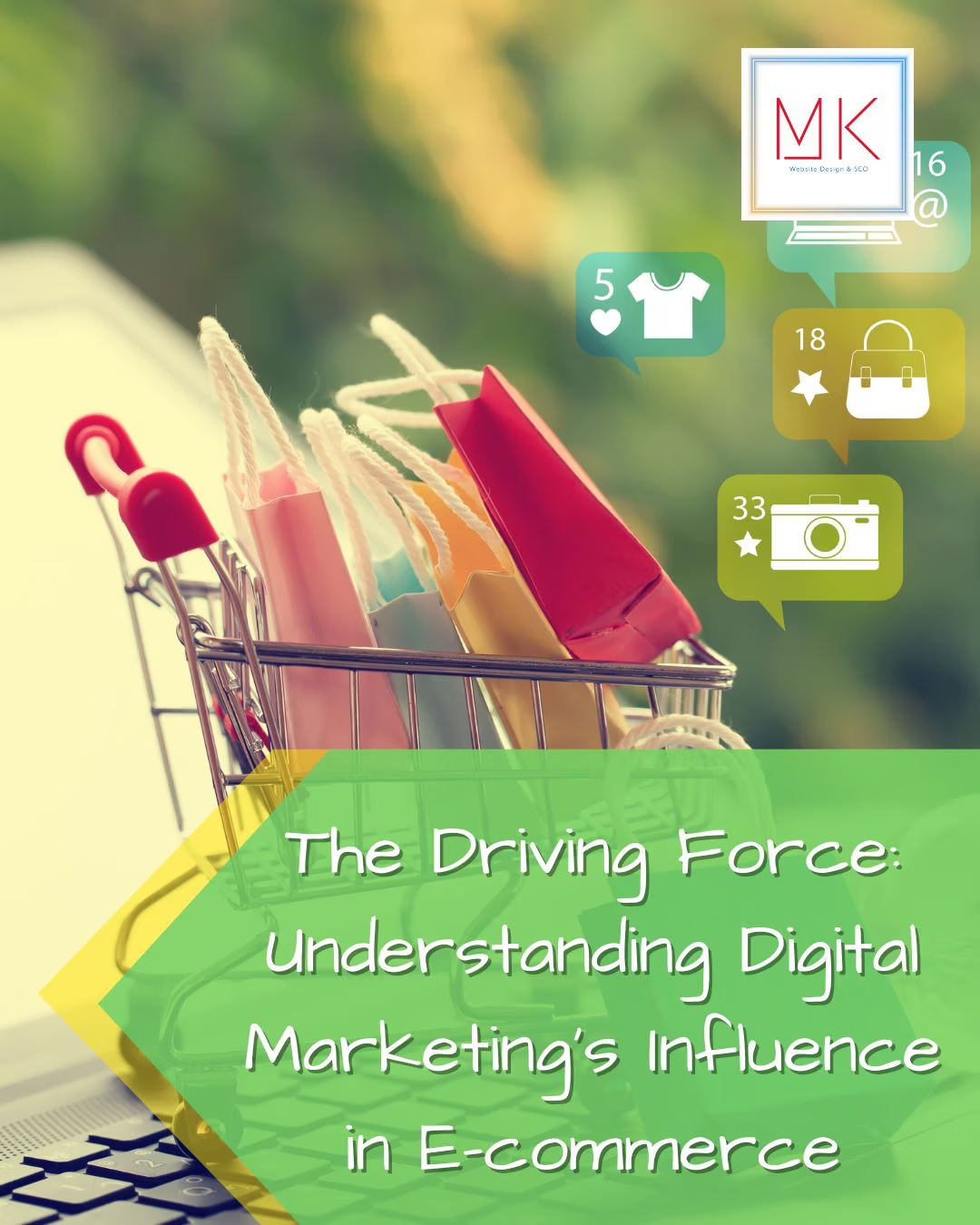

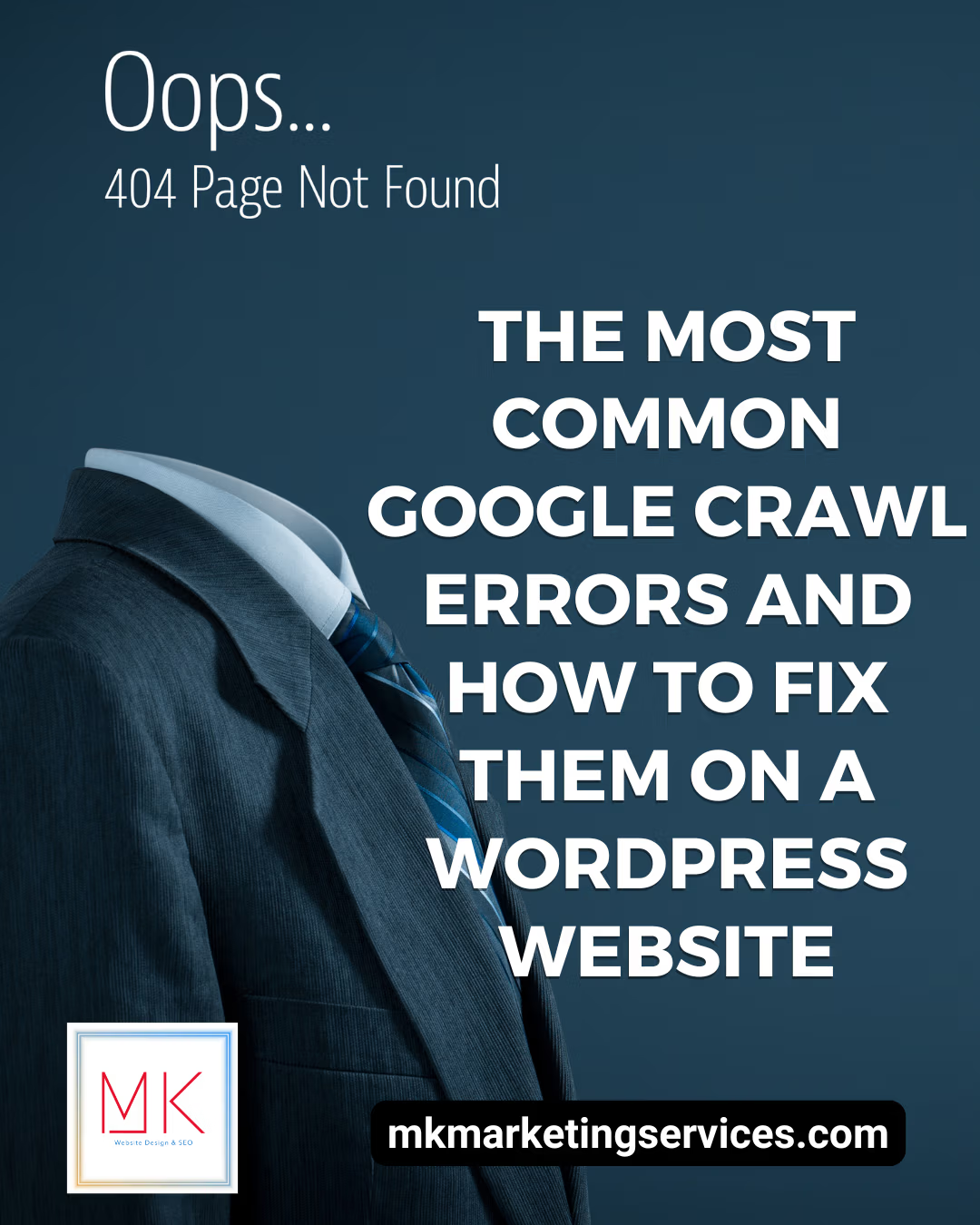

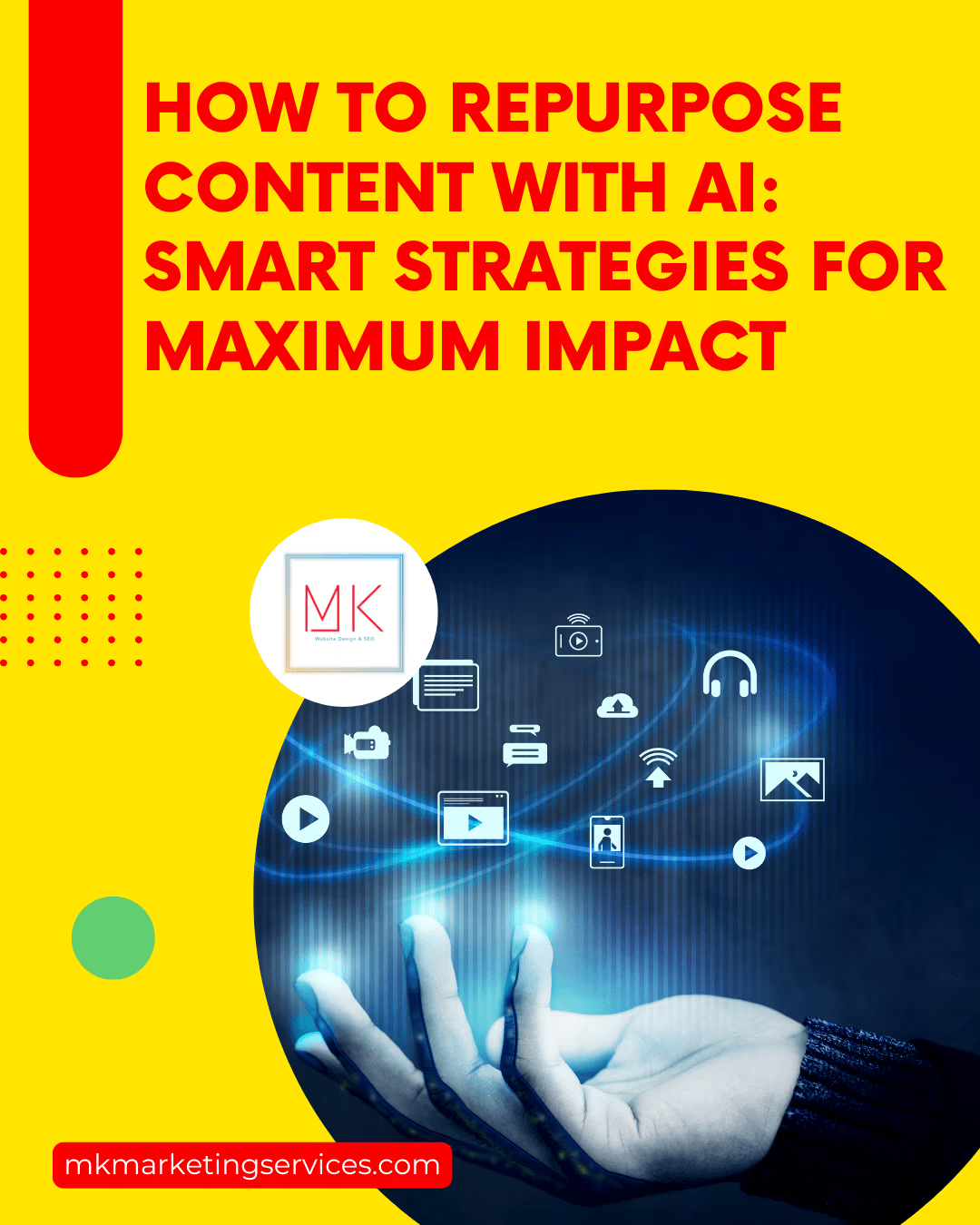
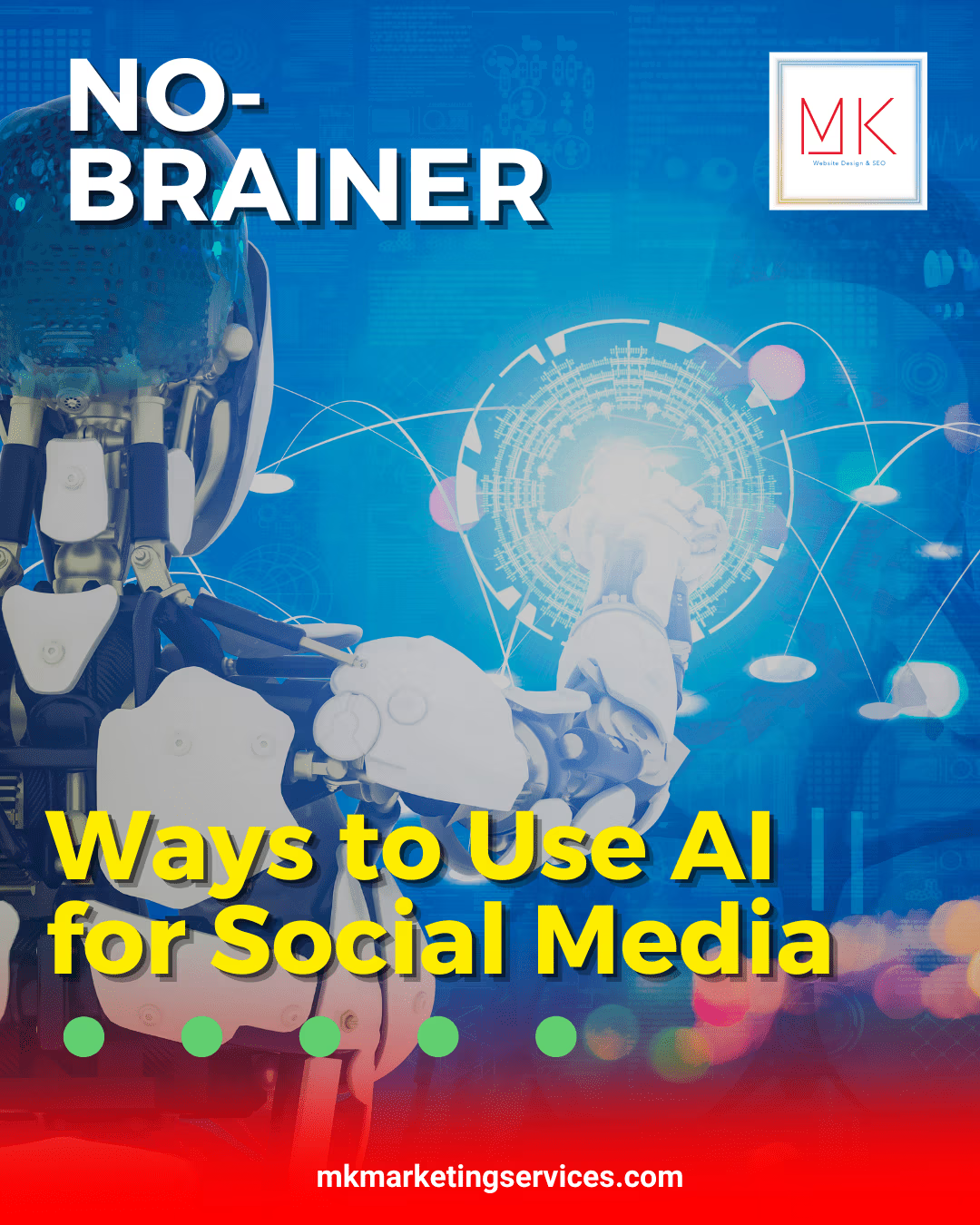
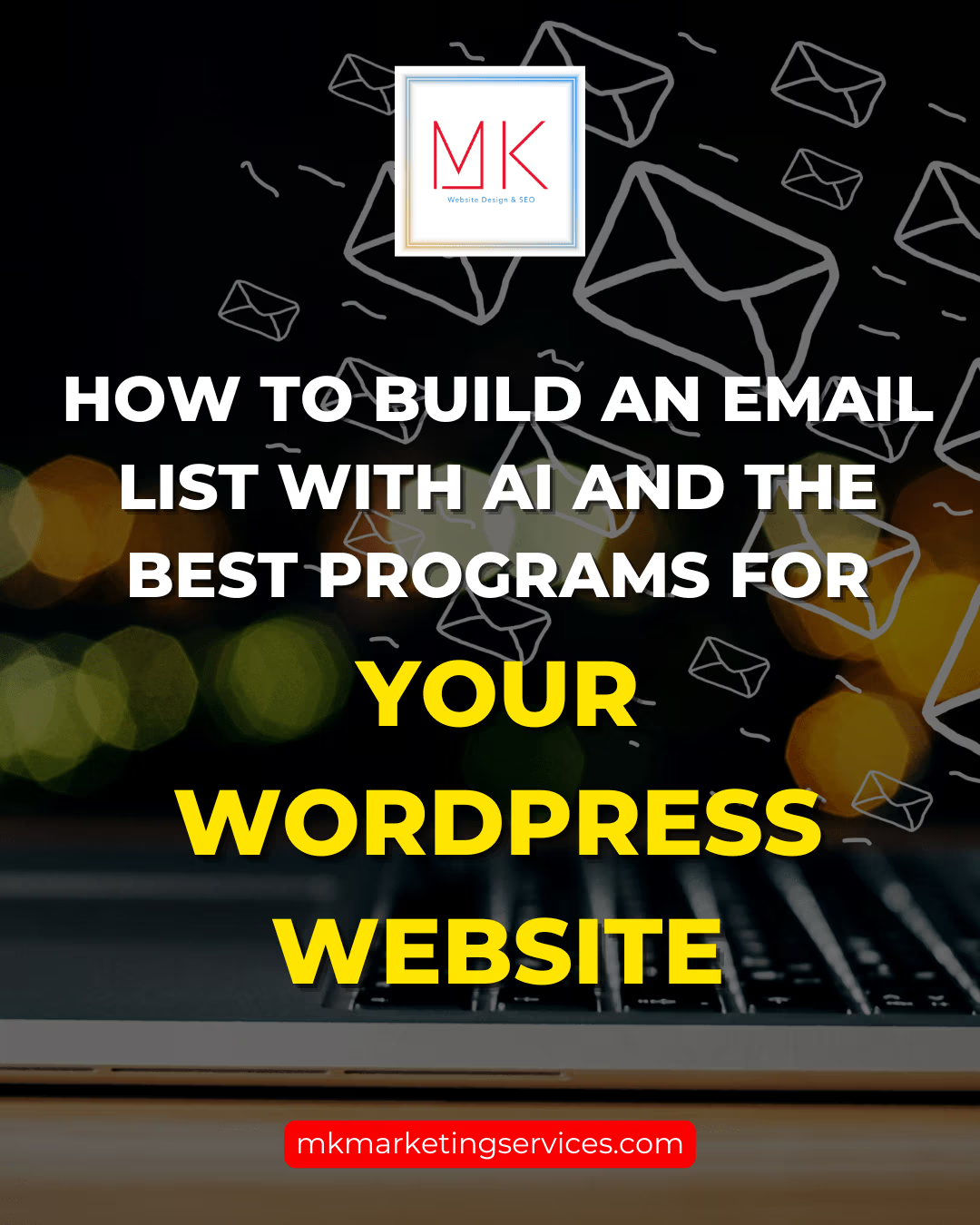

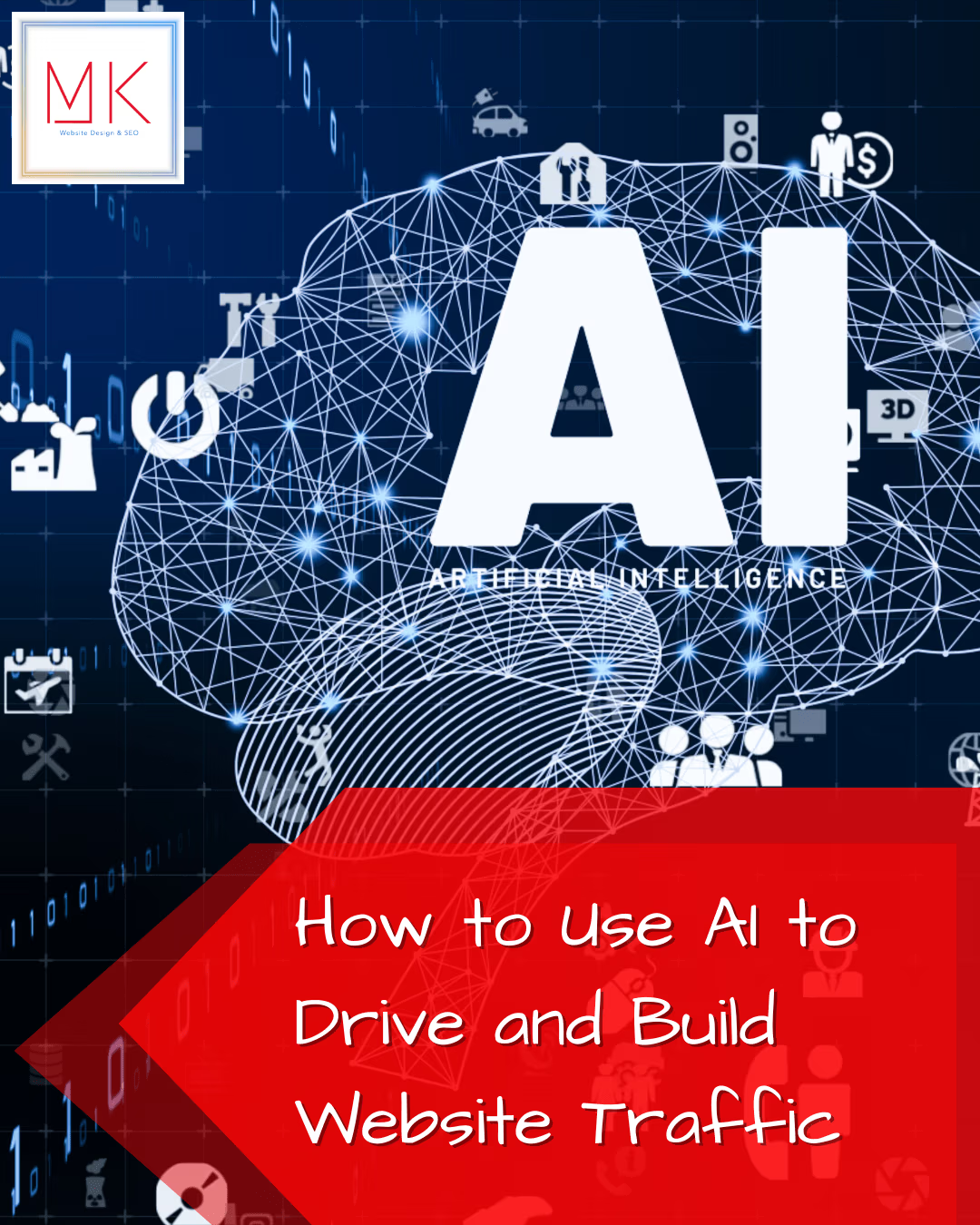
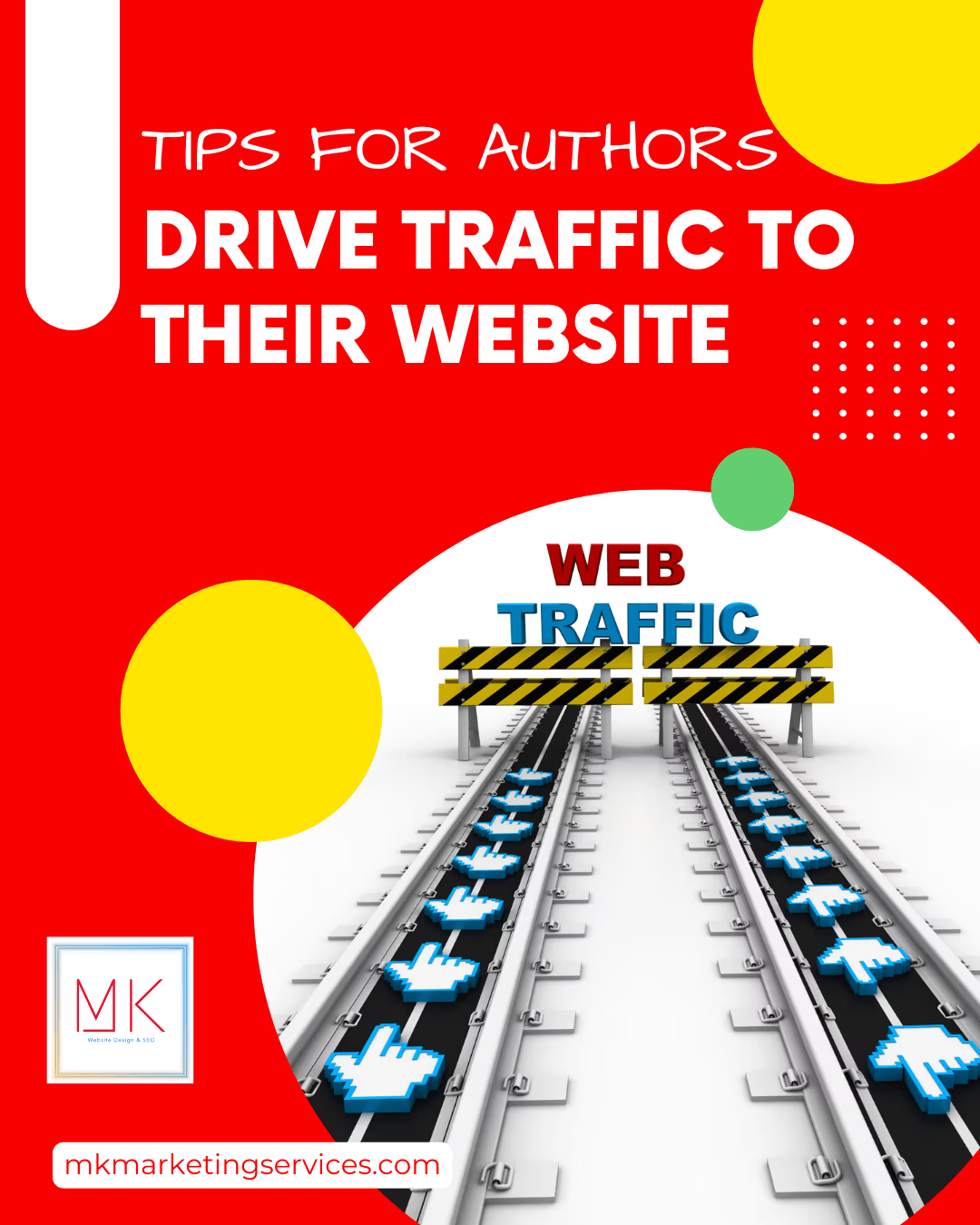

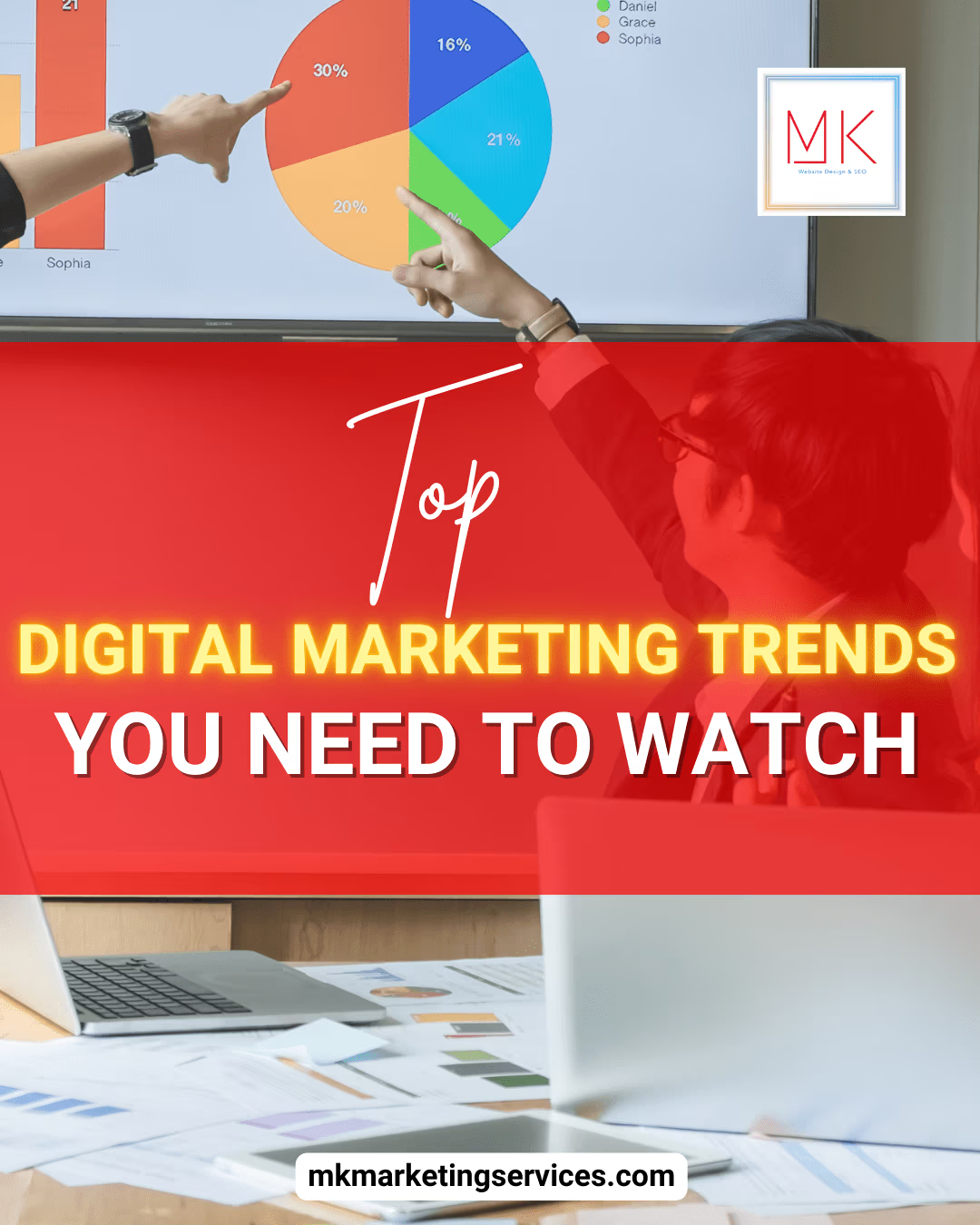

One Response
With the right strategy, businesses can drive more traffic, increase conversions, and build lasting customer relationships. Nice!